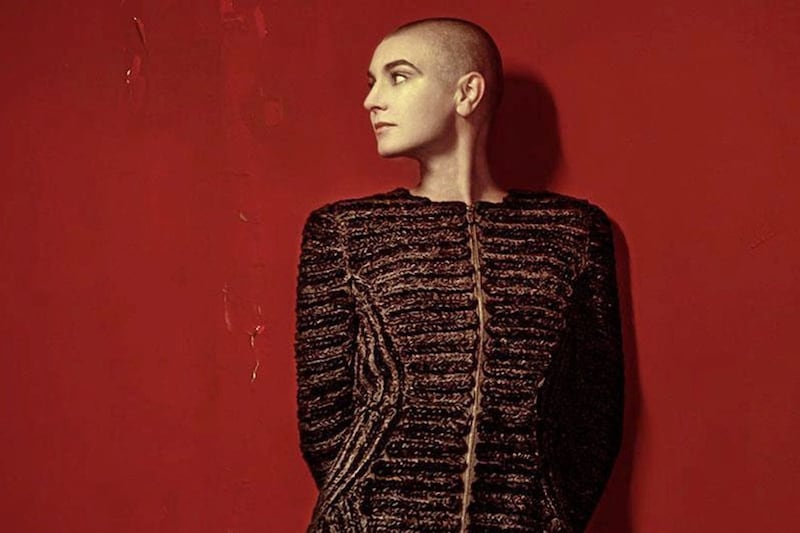Sinead O’Connor died from natural causes, a coroner has said.
The Dublin-born singer was found unresponsive by police at her south-east London home and pronounced dead at the scene on July 26 2023.
She was 56.
A statement from Southwark Coroner’s Court on Tuesday said: “This is to confirm that Ms O’Connor died of natural causes.
“The coroner has therefore ceased their involvement in her death.”
According to the Ministry of Justice, death by natural causes is when an illness or condition is not linked to external forces and there are no “unusual circumstances”.
After a post-mortem examination, a coroner can decide whether there are grounds for a natural death inquest, which can happen in a case of neglect or if the person was in police custody or prison at the time of death.
A private funeral, attended by U2’s Bono, Bob Geldof and Irish President Michael D Higgins, was held in August.
A procession then passed O’Connor’s old home in Bray, Co Wicklow, where thousands of fans lined the streets.
At her funeral Sinead O’Connor was remembered as a “beloved daughter of Ireland” with “a poet’s heart” whose “voice moved a generation of young people”.
- Sinead O'Connor funeral: 'She gave so much of herself, it’s the least we could do to be here' - Thousands gather in Bray for emotional farewellOpens in new window
- Sinead O’Connor ‘gave us strength’, says Magdalene laundry survivorOpens in new window
- Sinéad O’Connor and Shane MacGowan tribute to take place in New York CityOpens in new window


Muslim funeral prayers were led by Shaykh Dr Umar Al-Qadri, an Islamic scholar and Chief Imam at the Islamic Centre of Ireland, who met the singer in 2018.
In a eulogy he shared online after the ceremony, Dr Umar Al-Qadri said: “The more she sang and spoke about her own pain, as well as about the pervasive sins in society that she witnessed, the more her voice and her words resonated with listeners and touched their hearts. Sinead never stopped her search to know God fully, exemplifying a life marked with a deep communion with God.
“Gifted with a voice that moved a generation of young people, she could reduce listeners to tears by her otherworldly resonance.”
Her final resting place is a peaceful plot in south Dublin called The Garden.
Among those who paid tribute was a woman who suffered abuse in one of the same institutions as Sinead O’Connor who said the singer “made Ireland a different place” by speaking out on church and state exploitation.
O’Connor spoke openly about abuse she faced in a Magdalene laundry as a teenager, where she spent more than a year.
Magdalene laundries were institutions established by the Catholic Church in Ireland to house “fallen women”.
An estimated 30,000 women were confined in Magdalene laundries and revelations about the widespread abuse of women and girls in the laundries eventually led to a formal state apology in 2013.
Maureen Sullivan said the singer was instrumental in the creation of the Journey Stone memorial which was designed to commemorate the suffering of the women who were incarcerated in Magdalene laundries and similar institutions.






